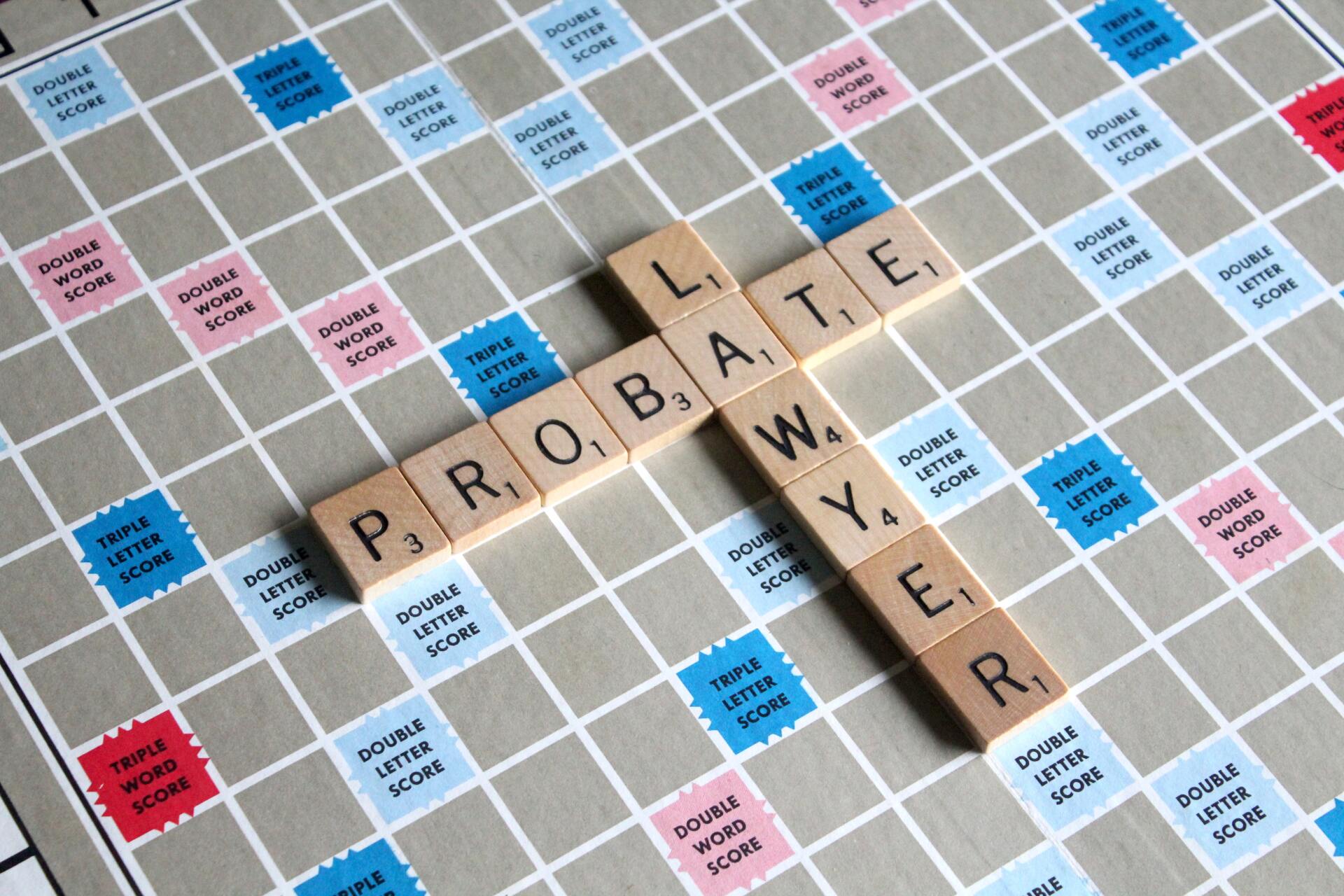The Biggest Mistakes Clients Make in the Divorce Process
Sara Faitelson • October 6, 2020
The Biggest Mistakes Clients Make in the Divorce Process
Sara Faitelson, Certified Divorce Financial Analyst, has seen many mistakes that people make over the course of their financial planning. If you are going through a divorce, here are just a few for you to consider:
1. Don’t Let Your Emotions Control Your Decisions: People go through many emotions and phases from the time they start thinking about divorce to the time the divorce is actually done. For many, it is such an excruciating process that people just want it over, no matter the cost. As such, they are sometimes willing to give away everything just to end it. Sadly, many people regret these decisions later on when they are less emotional, when things are done, and more importantly, when they realize that they simply don’t have enough money because they compromised too much in the divorce. We know it’s a difficult process, but always remember that the decisions you make now will really affect you for the rest of your life. Make sure you’re not compromising solely to “get it done” and that any compromises you make have been well thought out and discussed with your legal and financial advisors.
2. Make Sure You Get Your Share of the Pension. If you are going through a divorce, it is likely you are evaluating all of the assets, including pensions and other retirement plans. However, pensions have very specific requirements in order for you to get your share if it’s not in your name. Your divorce lawyer will need to obtain what is called a QDRO (Qualified Domestic Relations Order). This is a specific kind of Order that allows your spouse to assign your interest in the pension to you if the pension is not in your name. The work doesn’t stop there though, and this is where Sara sees crucial errors. You must stay informed as to when your spouse retires and contact the Plan Administrator yourself to ensure that you start receiving your distribution of the pension. Don’t assume that someone else is taking care of it. Sara has seen couples engage in post-judgment litigation over this when the Plan Administrator didn’t properly distribute the Pension.
3. Make Sure Life Insurance Provisions Are Active, In Force and Maintained. Sara has seen devastating consequences when a party does not maintain life insurance as required by the settlement agreement. It is your responsibility to make sure that life insurance is procured, in force and maintained. Don’t assume that just because it’s an obligation by your spouse in your settlement agreement that they are actually doing it. You should be entitled to contact the insurance carrier yourself at any time and confirm that life insurance is in place, that the premiums are current, the death benefit amount and who the named beneficiaries are. However, this must be explicitly provided in your settlement agreement.
4. Evaluate Your Parent’s Estate Plan for a Dynasty Trust. This is important so that your spouse (current or future) will not be entitled to share in any inherited property you may receive, even if it might otherwise become marital property according to the divorce laws. In New Jersey, inherited property is generally considered exempt from marital property. However, there are exceptions to that rule, one of them being when you use it as marital property. (For instance, using inherited money to pay off a mortgage). There are creative ways to prevent this, which requires a conversation about your parents’ estate planning.
5. Be Careful About Offsetting Retirement Accounts. It is not uncommon to see a couple who has to split all of their retirement assets simply agree that one party keeps their own and then one pays a smaller lump sum to equalize the difference. This sounds like a good idea because it means less money actually exchanges hands (and less paperwork). However, if you are keeping your pension and giving your spouse liquid money (e.g. a 403b or 401k funds) instead, you could be giving away money that would otherwise have been yours to keep if that spouse predeceases you. Sometimes when an ex-spouse who would have had a share of your pension dies before you, that spouse’s share reverts back to you. Therefore, if your ex-spouse dies and you already gave him his/her share of the pension with extra 403b funds, you won’t get those back. However, if you had just given him/her a share of the pension, you would have gotten to keep it all. This does depend on the specific terms of the Pension Plan at issue. It’s important to know those details before you agree upon how the retirement plans will be distributed.
These are just a few of the most glaring complications Sara Faitelson has seen in her practice as a financial advisor that are particularly important for divorcing couples.
If you need the advice of a financial advisor like Sara, you can reach her at:
Sara Faitelson
2 Park Avenue, Suite 300
New York, NY 10016
Phone: (646) 432-7804
6975064RG_Sep26

Hello blog readers. I hope everyone is safe and healthy. It has been quite a year. Who would have thought we would still be in a pandemic a year and a half later, but here we are. Lately, we have been laughing about what people are calling Covid 15 – gaining 15lbs during this pandemic. I do not know about you, but I am a big fan of pizza, which is why it is easy to become a victim of Covid 15. Most of us cut the pizza pie into 8 -10 slices. Would you ever buy a whole pizza, cut off one slice, and then throw away the rest of the pizza? I doubt it, but that is what many people do when assessing their financial goals. Last week, my business partner and I were sitting with a couple who is in this situation. They have one piece of their financial business with one person and then other pieces with other people. When I asked how their pension works with their retirement plan, they looked at me like I was speaking a different language. No one has ever looked at this piece of the pie and tried to fit it in the rest of the retirement plan. I asked about reviewing the pension booklet and creating a game plan where they can start planning for their retirement date. They said “oh, that’s how you figure out when to retire.” This is a situation that happens more than I can count. Clients have different people doing different things for them, but no one has an end game. Retirement because reactionary rather than proactively assessed. What is the point of this story? The lesson is: “don’t eat one piece of the pizza and throw the rest of the pie in the trash.” If you want to have success, all pieces of the pie must be analyzed, and they must work together to compliment each other. Registered Representative of, and Securities and Investment Advisory services are offered through Hornor, Townsend & Kent, LLC, (HTK), Registered Investment Advisor, Member FINRA/SIPC. (215) 957-7300. Stiletto Financial and other listed entities are unaffiliated with HTK does not provide legal and tax advice. 7585271RG_Jan28

Hello blog readers. I know it has been a few weeks since I have been able to post. It is tax season and it gets crazy here. This time of the year I am usually on the phone or clients reach out every day non-stop. One week we had a waiting list because we received so many calls in a week. Things are finally calming down and I wanted to write about two types of clients I have. Let me start by saying it is not great to go extremes. I want clients to open their statements and ask questions when we do our quarterly reviews. However, I do not want to receive a call if a client looses 17 cents. Having balance will help you be realistic, and you will not make knee jerk reactions. Balance is the key. It is good for people to want to know how their account is doing, what kind of trends advisors, and the tax consequences associated with their decisions. However, a financial advisor is not focused on day trading. We look at money from a long-term perspective and take the emotion out of investing. What do I mean by that? Have you ever gone food shopping on an empty stomach? It is the biggest mistake I have ever made in my life. I ended up buying way too much food that I could never eat by myself. I was hungry and everything looked appetizing and I started to fill up that shopping cart. We can make the same mistake when it comes to investing in the market: buying investments because everyone tells you to and you are always looking for a good tip. What is the moral of the story? Keep track of your accounts, maintain a balanced view, and don’t go food shopping on an empty stomach when it comes to investing. 3473555RH_MAR23

Hello blog readers. I hope everyone has been as busy as me. I thought it was time to write about a call I received a few weeks. A couple I have been working with has decided they want to get a divorce. The wife calls me and tells me what is going on and her husband knows we are speaking because they both want to speak to me. The wife handles the finances mainly for the family and they each had some questions. We first went over the children. They have a blended family, and I needed to know if any of the children are legally adopted by the other party. They had one child together and the other children were not legally adopted by either of them. That helped me explain if any child support could come into play during negotiations. Next, we went over the house: how much they owe, who wants to stay in house, or will they sell it. We also went over how much it is worth and if they were both contributing toward paying the mortgage and taxes. Third, we went over the investment accounts and pension plans. I specialize in separating assets and in particular pensions. Some people make the mistake of giving up their assets in exchange for keeping all of their pension. I explained what would happen in that situation, particularly if the other party passed away. In the end the client was happy to get a financial picture before calling her attorney. She was able to pinpoint topics that need to be discussed and negotiated. What is the lesson? Before calling your attorney, it is imperative to reach out to a certified divorce financial analyst to give you a fuller picture. It will save you time, energy, and aggravation when starting the divorce process. 7585248RG_Jan28







